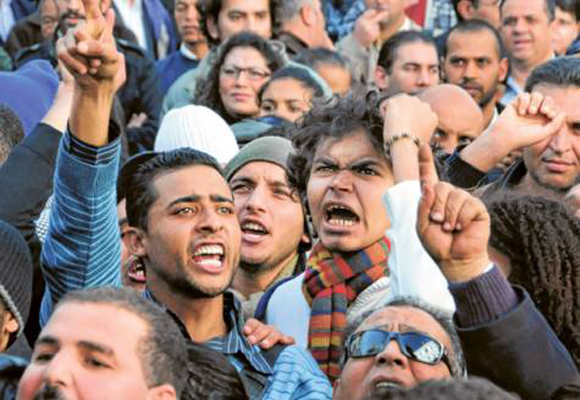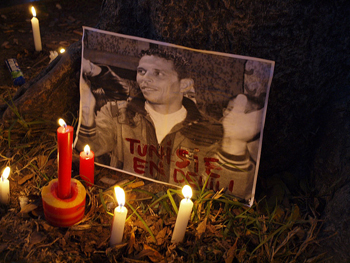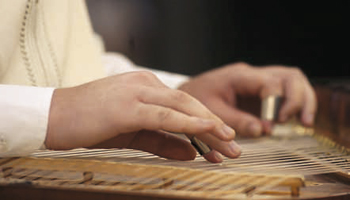Morocco Stability: Where are the riots in Morocco?
Morocco Top Stories
Morocco Stability: Where are the riots in Morocco?
In Morocco, one of Tunisia’s close neighbors, the story is different. By January 12, a Moroccan news headline was asking, “Morocco: Where Are the Riots?” On January 17, Fox News reported

Morocco Stability: Where are the riots in Morocco?
When protests and rioting spontaneously broke out across Tunisia after Mohamed Bouazizi, a college-educated street vendor in the town of Sidi Bouzid, burned himself alive on December 17, 2010—which a month later toppled the Tunisian government—it was widely expected that the unrest would quickly spread across North Africa to all of Tunisia’s neighboring countries in the Maghreb region (consisting of Tunisia, Libya, Algeria, Morocco, and  Mauritania).
Mauritania).
Serious protests did erupt in three more of these—Algeria, Libya, and Mauritania, and demonstrators also took to the streets in several other Arab countries located outside the Maghreb region such as Egypt and Jordan.
But in Morocco, one of Tunisia’s close neighbors, the story was different. By January 12, a Moroccan news headline was asking, “Morocco: Where Are the Riots?” On January 17, Fox News reported,
`”In Rabat [the capital] and other Moroccan cities, there have been few if any protests.” Students and merchants in Rabat, it was reported, were voicing strong support for the Tunisians, but were “virtually unanimous in saying they doubted that Morocco would experience a similar upheaval.”
As of January 20, The London Times was still noting its surprise that “Morocco has not witnessed any protests linked to the Tunisian example.”
That Morocco was spared the unrest spreading to all the other countries in the Maghreb region
“Morocco: Where Are the Riots?”
was a surprise to most observers.
For, Morocco on every count to meet the textbook recipe for a similar eruption, such as: a low per capita GDP, substantial poverty and illiteracy, high unemployment among college graduates, a growth rate that barely keeps up with new entrants to the work force, limitations on press freedom, substantial corruption, and an authoritarian monarchy that keeps tight control over almost all aspects of government.
Why, then, did it not happen in Morocco? Why did Morocco not experience anything like what happened in every other Maghreb country—and in many others farther away?
To explain this fact, a multitude of reasons has been offered by recent writers which encompass almost every aspect of Moroccan society: from the nature of its government to its policies of reform; from its tradition of religious toleration and cultural openness, to its dedication to education and economic development. 
This Marcopolis Country Report on Morocco, therefore, will not approach this country as a set of dry facts, but rather attempt to identify the source of Morocco’s vibrancy and stability; in other words, to “catch its spirit.”